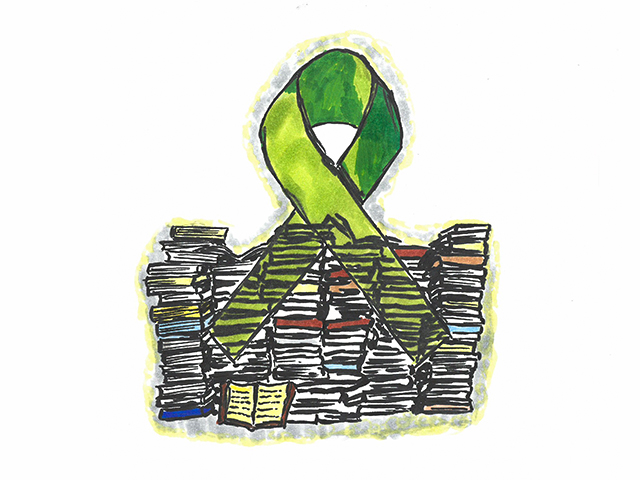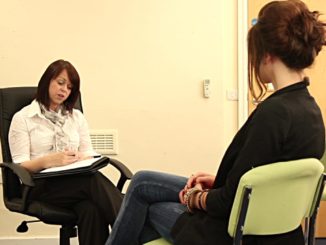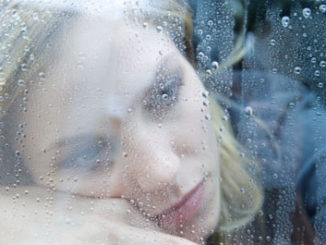
Men and women are genetically and hormonally very different, but we do share certain hardships in life.
Post natal depression affects around 15% of Irish mothers and can mean a tough start to what should be the joy of parenting.
Research in the US and Australia indicates that around 10% of fathers may also experience a form of PND.
The reality is that one day, most of us will become parents and it’s important we know what to expect. The symptoms of male PND may be harder to recognise, partially because men are not as good with their feelings. The studies are still in nappies but it’s important to raise awareness early.
To borrow a cliché, men are from Mars and women are from Venus, and PND symptoms in males differ from those experienced by women.
Many fathers suffer from low moods, self-judgement, irritability or even emotional detachment. So the fathers who aren’t eager to help out may be lazy or they may be suffering from PND.
For a lot of men, the role as a parent is harder to adjust to. Women have a lot more time to prepare for the task. Having a growing life inside you creates a physical and emotional bond with the child months before it’s born.
The father creates a small bond with the child while caring for his partner but it’s only after the birth that he can seal that bond. Even the best of partners can only imagine pregnancy – they can never feel it for themselves.
PND does not make you a bad parent. The responsibility for a vulnerable human being can be a lot to handle and if it becomes too much, the stress can often manifest itself as depression. This can be experienced by both sexes.
It’s not a scientific fact but a lot of men are much less eager to settle down than women. We get the feeling that most women are ready in their early thirties while their partners don’t ever seem to be ready.
Men tend to have stronger feelings of ‘lost youth’. Those concerts they never went to, that weed they never smoked, the motorbike they never got.
Women seem much happier in their maternal roles while the fathers may sometimes cut themselves off from the family life in order to cope.
Many have dismissed the studies, saying it’s the mother who does the main share of the work around children and fathers shouldn’t complain. But now, fathers are much more engaged in bringing up their children. could it not be then that they often experience similar emotions to their female partners?
It took a while for society to recognise post natal depression. And what society needs to know now is that it affects fathers too.
Zofia Domaracka




Leave a Reply